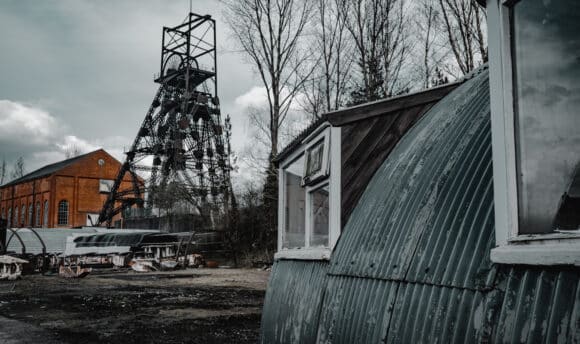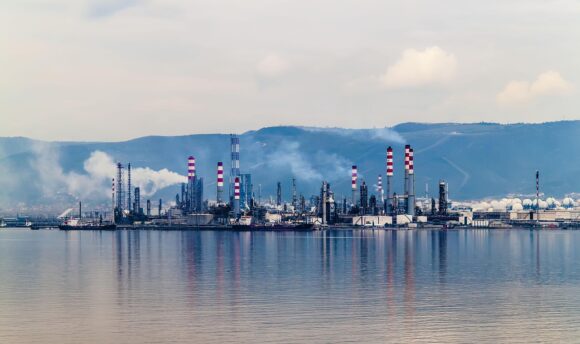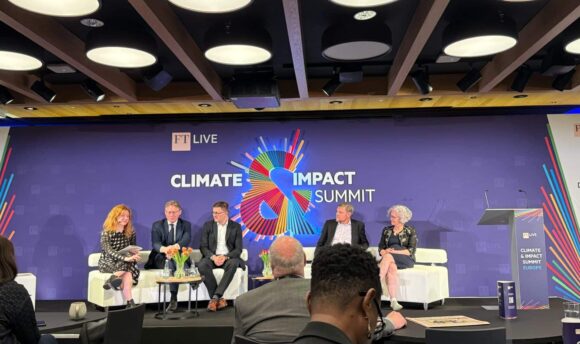Earlier this year, risk experts at the World Economic Forum identified the failure to address climate change as the most impactful – and sadly, the second-most likely – risk we face. It’s a risk the insurance industry must play its part in tackling. The sector itself may not emit a significant quantity of greenhouse gases. But it holds a unique and influential position of power in the economy, as a major institutional investor and as the facilitator of economic activity through its underwriting.
The flipside of that leverage is insurers are heavily exposed to climate risks on both sides of the balance sheet.
Understanding and managing climate risk should therefore be a prime concern for insurers. For the companies represented in this list, and many others, that is the case. But there are still too many insurers whose efforts in addressing climate change are lagging far behind the necessary and urgent actions.
Firms in the latter category would do well to heed the words of the people in InsuranceERM’s Most Influential on Climate Change list, not least because they are setting the benchmarks for climate action and are helping shape future climate regulations.
The list comprises several types of actor: among them the global conveners and influencers, whose role is to bring insurers together with governments and other stakeholders (because insurers cannot tackle climate change alone) and reorient the financial sector for a sustainable future.
The past few months have taught us a lot about responding to a global threat with devastating consequences. Covid-19 has revealed the importance of listening to scientists, taking early action and having a robust plan for dealing with the repercussions. We hope this list will play a small part in catalysing a positive response to climate change.
Profile – Peter Bosshard, Global Co-ordinator of Insure Our Future
Peter Bosshard is director of the finance programme at The Sunrise Project, an NGO whose objective is to drive the transition from fossil fuels to renewable energy as fast as possible.
But he is better known to the insurance sector as the influential person who led and coordinated global NGOs in the Unfriend Coal campaign that seeks to “make coal uninsurable”.
The campaign has had considerable success, with firms representing nearly 15% of global insurance premiums and almost half of reinsurance premiums pledging to withdraw from coal-related underwriting and investments.
That campaign was recently renamed Insure Our Future as part of its stepped-up effort to also eradicate insurers’ exposure to the oil and gas sector. Bosshard remains at the helm and will continue his vigilance over insurers’ response to the climate challenge.
What inspired you to work on climate change issues?
I’ve worked at the intersection of finance, environment and human rights for my whole professional life. But the focus on climate change is more recent: it’s the defining challenge of our generation and so we’re all called to do whatever we can.
I’ve done a lot of work on the role of private banks, public finance, export credit agencies and multilateral development banks in combatting climate change.
Three years ago I realised the insurance industry had really gotten a free ride so far. They recognised climate risks several decades ago and warned about climate risks, but were still fuelling climate change. They really had the responsibility to catch up – and luckily the process has started.
What are your work priorities right now?
I oversee The Sunrise Project’s whole finance programme but am still actively involved in our influential insurance campaign. On that, we want to get the laggards on board with coal: that includes most prominently Lloyd’s in Europe, AIG in the US and then East Asian insurers.
But we also know it’s not just coal that’s the problem. The IPCC pathways tell us there is absolutely no space for new oil and gas projects, so we are communicating to the insurance industry that we expect them to also stop insuring new oil and gas production projects.
Tell me one step the insurance industry needs to take, to improve its response to climate change?
Take climate science seriously and act like our future depends on it – because it does! Decision-makers in the insurance industry shouldn’t have to think 20 years from now that they could have done more to avoid unmanageable climate breakdown, but thought that others should act first.
Are you optimistic or pessimistic we can avoid the worst effects of climate change?
The progress we have seen in insurers moving away from coal in three short years has been remarkable, and Covid-19 shows that we can act swiftly once we recognise what’s at stake.
I’m optimistic about our ability to make a difference where we work and live. Speaking from the US, I’m more worried about whether our political processes are up to the task.
What are you doing personally to reduce your climate impact?
Avoiding climate breakdown primarily requires systemic change but aligning our personal lives with our beliefs is part of a well-rounded life and makes us credible as advocates for policy change. We rarely drive or fly, don’t eat meat and raise our kids as environmentally conscious citizens and influential consumers.



